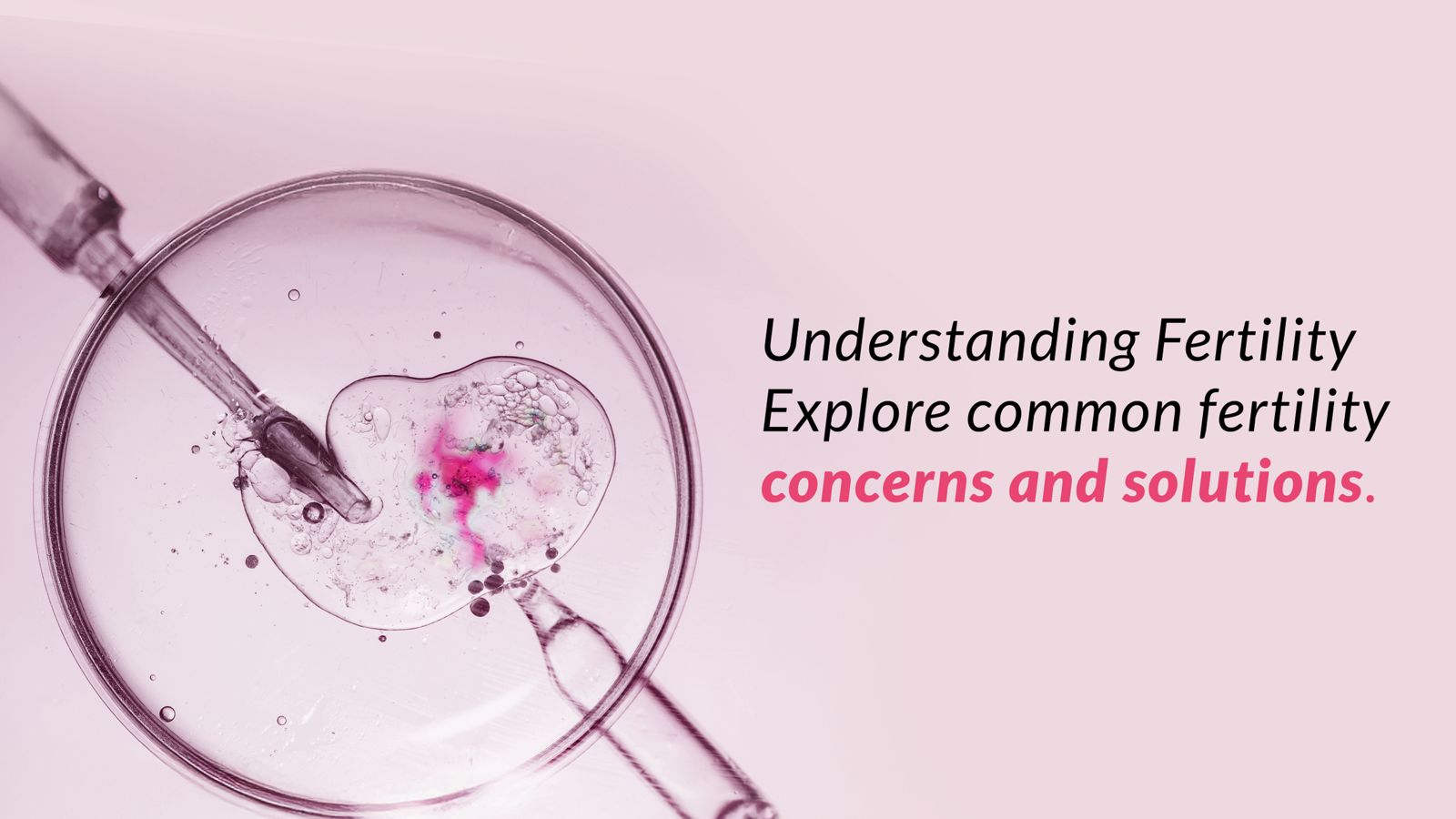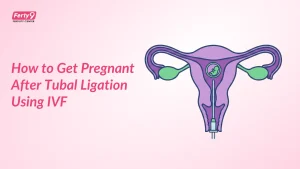Traditionally, Indians the world over during the period of the ’80s and ’90s were viewing childbearing as an immediate post-marriage goal. So, did the scene different in the 2020s?
As they say – It is all in the typical Indian’s psyche and mindset which did not alter a bit even today also. Thanks! to the society that believes that – “healthy couples should produce their offspring at a very early stage of a couple’s married life.”
Even in these pandemic times, when old systems and practices are challenged, a spicy hot topic in group gatherings and social meetings is to enquire about the recently married couple’s plans for their family way. These privacy topics are eating away at the relaxed honeymoon life of a newlywed couple. This has created a sort of mental agony and a kind of peer pressure for the fast-moving techie breed of hi-tech professionals.
Perspectives Vs Assumptions: Then & Now
Society still has an assumption that childbirth is a natural process in spite of the lifestyle changes of typical office-going people. Realization of their reproductive potential and having the desired number of children is still seen as a key lifetime achievement, which in today’s society is considered a central factor of a worthwhile and meaningful life too. There are important emotional and social repercussions of infertility and pregnancy health that go beyond birth outcomes. “For many Indian couples, the inability to conceive a child can be devastating and negatively impact their relationship.
For women, in particular, cultural pressures can place emphasis on childbearing and infertility has invited social stigma, even though infertility can be caused by both men and women, because fertility naturally declines as men and women age.
Current work timings and busy schedules have directly impacted the body mechanisms and phycological distress, which boils down to stress in daily life. It is therefore not surprising that infertility has a profound psychological effect on couples, up to 20% of whom need support to cope with their inability to have children.
Moving with the Emerging trend
Although there have been tremendous technological advances in fertility treatments and testing methods, the elderly generation was taboo towards emerging treatments and kind of watchful to newer methods. But, thanks to technology, fortunately, the younger lot is accepting the new normal and facing the reality by approaching advanced fertility centers. In fact, It’s the only way forward to improve their chance of becoming parents.
The Good News Pill
Infertility care has improved remarkably during recent decades and has received growing attention from healthcare providers. Several treatments, including expensive options such as Assisted Reproductive Techniques (ART), are now available for routine use in a number of public healthcare systems.
Naturally, most people are now seeking medical intervention and many, including those who are middle class too, are ready to adopt newer methods in this medical arena.
Finding the right Clinic: Myth Busted
There is a common misperception that, Infertility treatment in India is physically and emotionally demanding, and depending on your needs it can be very expensive too.
“There is still some social stigma attached to infertility and various myths regarding fertility treatments. However, we are seeing increasing awareness levels amongst the general population, which is crucial. Further, with the addition of fertility clinics even in tier 2 and 3 cities, accessibility to treatment has also increased. At times, even basic or minimal treatment can work. More focused and critical treatment is needed for around 30 percent of infertile couples. Increasing awareness, women empowerment, and increasing incidence of infertility, in general, have made couples approach fertility clinics.
Concluding Remarks
As a social responsibility, there is an urgent need to create more awareness, along with an understanding of this science at the right time, we also need to remove the social stigma around fertility treatment





























